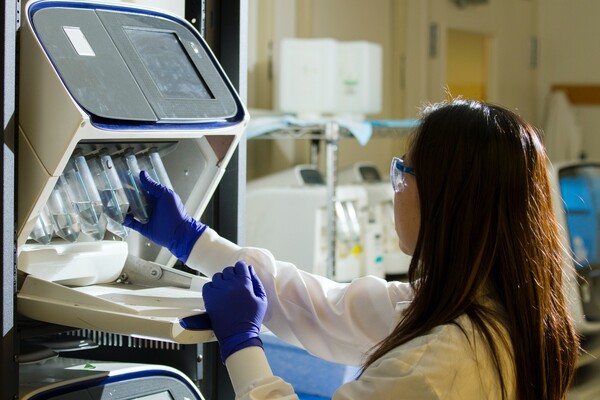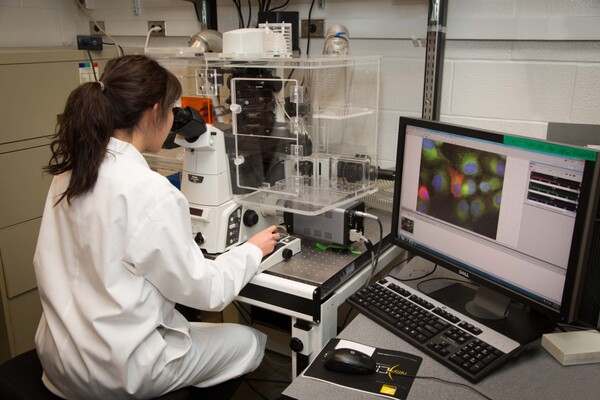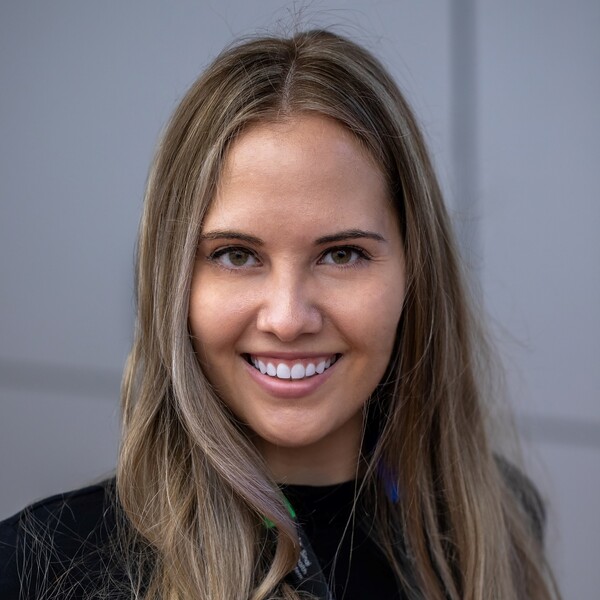
Main Second Level Navigation
Breadcrumbs
- Home
- Future Students
- Graduate Education
- Explore our Graduate Programs
- Thesis-Based Programs
- Rehabilitation Sciences
Rehabilitation Sciences
MSc & PhD
The Rehabilitation Sciences Institute (RSI) is an interdisciplinary doctoral stream program that offers MSc and PhD degrees for students interested in researching issues related to rehabilitation.
Our student body comes from a broad range of disciplines. Our faculty are among the most world renowned in the rehabilitation field and also come from a broad range of backgrounds.
We integrate research across scientific disciplines focused on understanding human function and participation in family, community, and society and its relationship to health and well-being. The academic activities of students cover the full breadth of rehabilitation sciences and the 100+ RSI cross-appointed faculty members are distributed throughout the University of Toronto, including teaching hospitals and research institutes. The program has 6 recognized fields: movement science, occupational science, speech language pathology, rehabilitation health services studies, rehabilitation technology sciences, and social and cognitive rehabilitation sciences.
We offer:
- Full breadth of rehabilitation sciences covered in the academic program
- 12 collaborative programs
- Guaranteed minimum funding package* for full-time students
- Interdisciplinary research-stream training
*not including work hours (e.g., RA & TA roles)
Our Programs

In addition to completing a thesis, students take 2.0 FCE**:
- REH 1100H (Introduction to Rehabilitation Sciences, 0.5 FCE)
- REH 2001H (RSI MSc Seminar - Foundations of Professional Development, 0.5 FCE)
- Research methods (0.5 FCE)
- Elective course (0.5 FCE)
Students successfully finish this program in 2 years.

In addition to conducting independent and original research that will form their thesis, students pass a qualifying exam within the first 18 months of registration and complete 1.5 FCE:
- REH 3001 (RSI PhD Seminar - Foundations of Professional Development, 0.5 FCE);
- Advanced research methods (0.5 FCE)
- Elective course (0.5 FCE)
Typically, students successfully complete this program in 6 years.
Alumni Profile

Kristina Kokorelias, PhD
During my time at RSI, I focused on creating a framework to understand the needs of caregivers for persons living with Alzheimer’s disease. Being a teaching assistant, joining departmental committees, and building connections with external organizations like the Alzheimer’s Society, helped me develop research, teaching, leadership, and mentorship skills.
Today, I’m a Senior Academic Program Coordinator & Associate Scientist in the Geriatrics Program at Sinai Health & UHN. I oversee academic outcomes, teaching, and quality improvement, while also leading research on care models for older adults.
My advice to prospective students is to savor the unique experiences graduate training offers, experiment with different methodologies, and don’t be afraid to make mistakes—it’s all part of the learning journey.
Potential Career Paths
In 2022, the School of Graduate Studies (SGS) tracked the career outcomes of 5,128 PhD students who graduated from the University of Toronto between 2016 to 2021. The data below is from 73 rehabilitation sciences PhD graduates.
Positions
Some examples of the positions our rehabilitation sciences graduates held included:
- Hospital-based jobs
- Health-related jobs
- Postdoctoral fellowships
Employers
Some examples of employers for whom our rehabilitation sciences graduates worked included:
- The University of Toronto
- The University of Western Ontario
The chart below shows a percentage breakdown of the various sectors in which our rehabilitation sciences PhD graduates worked at the time the survey occurred.
Main Employment Sectors of Rehabilitation Sciences PhD Graduates
Chart data
| Post-Secondary Education | Private Sector | Public Sector | Charitable Sector | Individual Sector | Info Not Public/Other |
|---|---|---|---|---|---|
| 50 | 16.4 | 26.0 | 2.7 | 1.4 | 2.7 |
By the Numbers
Rehabilitation Sciences Institute
*not including work hours (e.g., RA & TA roles)
**Full course equivalent. A typical 0.5 FCE is over one term (13 weeks), meeting 1-2 times per week. A typical 1.0 FCE is over two terms (26 weeks), meeting 1-2 times per week.